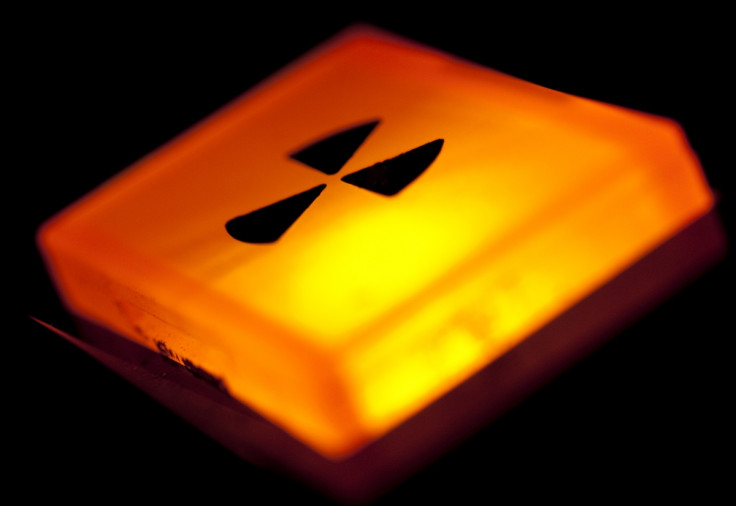Britain's nuclear watchdog to be probed after concerns about lax safety classifications
One incident dismissed by regulator involved a Navy torpedo being accidentally fired in a nuclear submarine dock.

The UK's nuclear safety watchdog is being investigated following revelations that traffic accidents involving vehicles carrying nuclear materials were dismissed in reports as being of "no nuclear safety significance".
The Office for Nuclear Regulation (ONR) has been accused of taking a light touch when dealing with nuclear safety incidents. Since 2010, the number of faults recorded by the ONR has doubled to more than one a day. The number of officially recognised "safety incidents" has remained stable over the same period while the number of incidents regarded as not being significant, or "anomalies", has risen dramatically.
According to The Times, incidents deemed as being of "no nuclear safety significance" included:
●A torpedo inadvertently fired by a Navy warship at a nuclear submarine dock
●Four cases where tritium, a radioactive form of hydrogen, was found at elevated levels in groundwater around the Dungeness B reactor in Kent.
● At least 70 safety incidents on the UK's main nuclear warhead base at Aldermaston, Berkshire, including the contamination of several workers and a power cut across the site.
● An accident where a vehicle carrying nuclear material on the M1 hit a lorry, and another where a transport lorry flipped over, damaging two containers holding radioactive chemicals.
● Uranium "sludge" and an unstable form of caesium left in bin bags at Springfields, a former power plant, and Amersham nuclear materials factory.
● At least a dozen leaks of radioactive substances and more than 30 fires at power stations, including an event where a control panel at the Sellafield site was burnt out.
Paul Dorfman, founder of the Nuclear Consulting Group and honorary senior research fellow at University College London's Energy Institute, told The Times that the seriousness of the incidents classified as being insignificant "seems to imply either cover-up or cock-up". He added: "Either way, this is bad news for nuclear safety in the UK."
The ONR maintain that their classifications are in accord with international guidelines but this has not stopped Whitehall from investigating their practices. Officials at the Department for Work and Pensions, which is responsible for the watchdog, are probing whether enough is being done to minimise the risk from nuclear energy and military facilities.
The Times reports that the ONR receives 94% of its budget from the companies it sets out to regulate. It is charged with the potentially conflicting roles of policing the nuclear sector while at the same ensuring that it continues to grow financially.
© Copyright IBTimes 2025. All rights reserved.





















